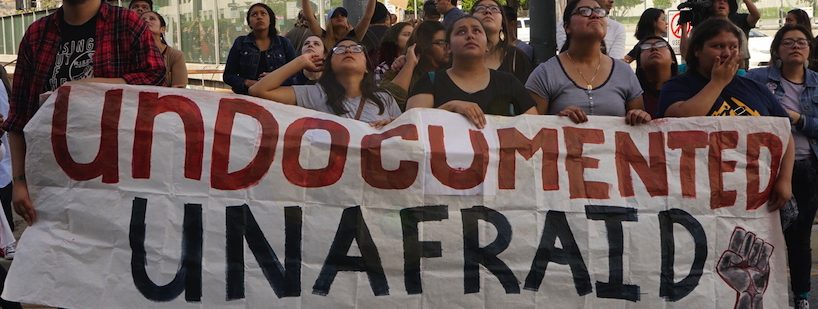Education and community organizing implicitly teach by organizers and the community at large through experiential learning. Here, I will argue for the education achieved through community organizing as widely applicable lessons with immense value in other aspects of life.
Education is itself a complex term referring to general learning but is often reduced to strictly classroom schooling. Therefore, people gain necessary skills for multi-faceted success by other means, including community organizing. The majority of learning from organizing is derived from experiences around organizing itself.
By empowering individuals through socializing, political education, and raising consciousness, organizers concretize the foundations of their community with strong relationships (Martinson and Su, 2012). Following Paulo Freire’s organizing principles, the individual experiences holistic development and the support of a community allowing personal growth into leadership roles (Martinson and Su, 2012).
Another set of skills at the focus of community organizing is action planning. From idea generation and research to venue planning and outreach, as much or more is learned in action planning as is learned from the action itself. The philosophies of Saul Alinsky center around tackling specific, winnable issues through action (Martinson and Su, 2012). In Alinsky’s view, the organizer’s role is to listen to people’s concerns, then agitate and mobilize for action around focused concerns (Martinson and Su, 2012).
The comparison of two contrasting organizing styles fails to highlight the necessary integration of building relationships in successful action planning.
The community, made up of mostly affected individuals as well as the organizers, learns through the empowerment of organizing. The approach to actionable change through community organizing is based in a shared community identity which collectively holds power greater than the ruling body. Next, I will evaluate how power can be cultivated through identity development and utilization.
A fundamental principle of effective community-based organizing is a shared identity. Without organization, people live separately, with their own problems and priorities. Organizers build a sense of common purpose and personal investment through relationships and action that draws community members together (Obama, 2012). The importance of community identity relies upon what Ella Baker calls group-centered leadership, rather than leader-centered groups, in which the ego of the leaders takes a back seat to the needs of the group (Payne, 1989).
If the ultimate goal of organizing is change, then the penultimate goal is gaining power. According to Barack Obama, who was a community organizer in Chicago before becoming a politician, two of the three premises of organizing are related to power. He says that one premise is not that communities lack effective solutions, but that they lack the power to implement solutions. The other premise is that organizing around a common vision is the only way to build long-term power (Obama, 2012). Building long-term power draws on Freire’s relationship-based strategies, and rapid implementation of solutions aligns with Alinsky’s fast acting strategies.
Common types of education include lessons learned in school and religious spaces as well as from family, friends, and media. By combining organizing theories, organizers intentionally build a new education for themselves and communities. Though traditional schooling has its merits, the experiential education from community organizing has widespread application to countless other opportunities in life.
